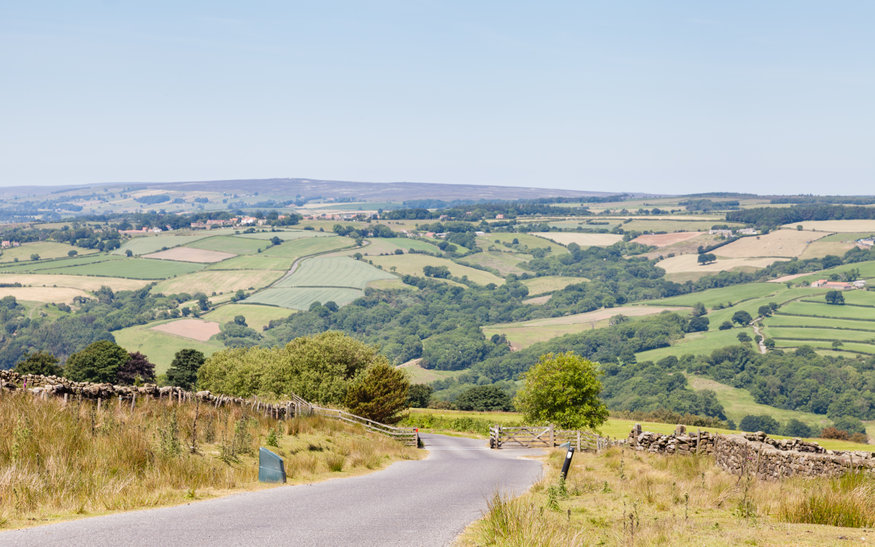Food standards should be part of new Natural History GCSE, CLA says

Students should learn the UK’s food production standards as part of a new Natural History GCSE course to be launched in 2025, the CLA has said.
This week the Secretary of State for Education, Nadim Zahawi MP, will be announcing a new GCSE in Natural History which is expected to enter the National Curriculum in 2025.
The Natural History GCSE is a part of the Department for Education’s sustainability and climate change strategy, which will be launched on 21 April.
A spokesperson for the Department for Education stated that this new course will help “young people develop excellent knowledge of STEM, and practical opportunities to improve biodiversity and climate resilience.
In light of this, the Country Land and Business Association (CLA) have written to the Secretary of State in advance of this announcement.
It has highlighted the importance of land management in the UK when considering the development of the syllabus for the new learning course.
CLA President, Mark Tufnell, said: “The CLA welcomes the idea of teaching young people about environmental and sustainability issues in a more structured way.
“We hope that, in designing the course, the Department for Education will consider giving students an understanding of the UK’s world class food production standards.
"British landowners and farmers are among the most progressive stewards of the natural environment found anywhere in the world.”
Mr Tufnell continued by urging policymakers to involve the sector in consultations: “We hope therefore that land managers with appropriate expertise will be involved in the formulation of the curriculum.
"The CLA, which represents around 28,000 land managers in England and Wales, would welcome the opportunity to work with the government in the development of this exciting new initiative.”








